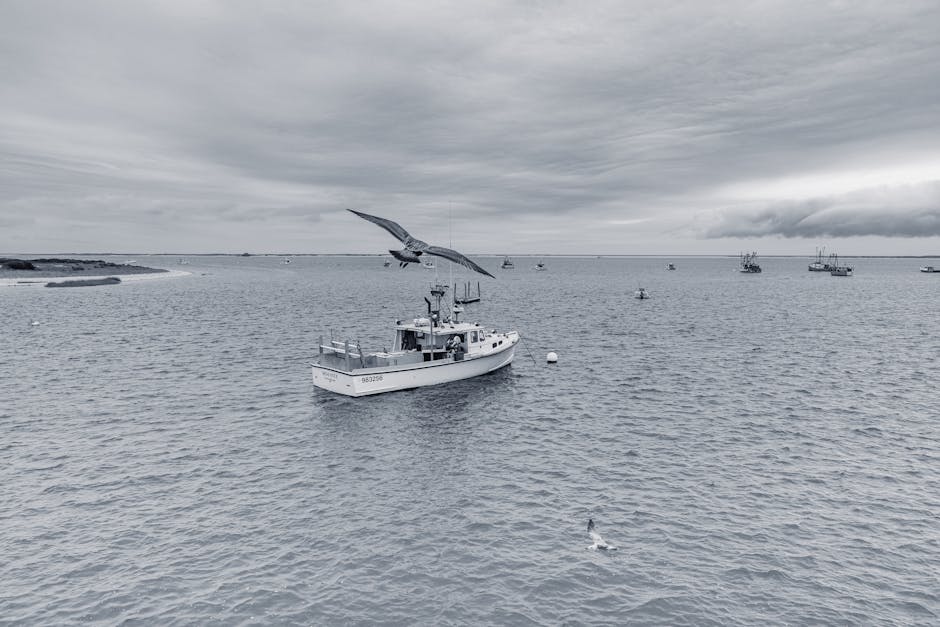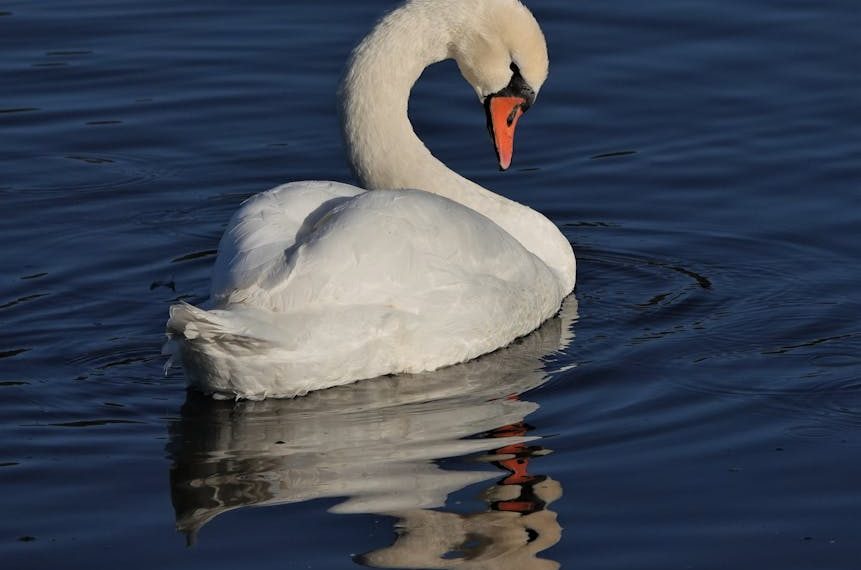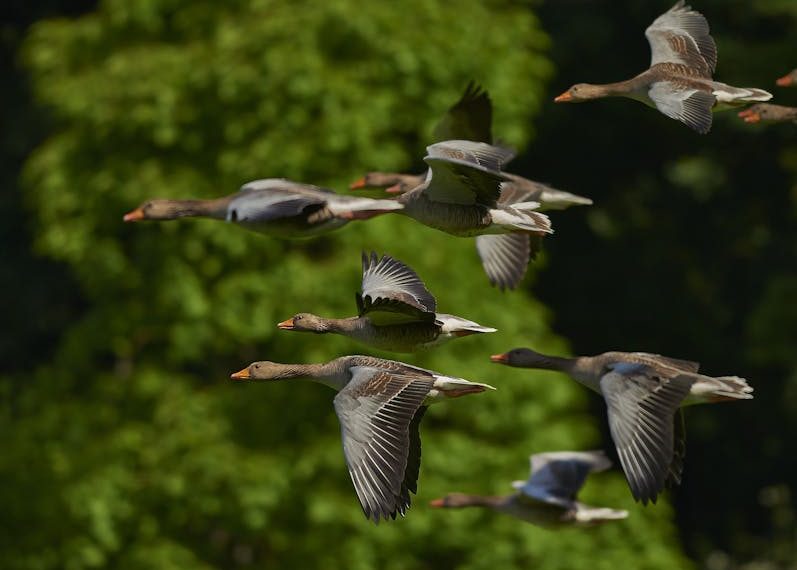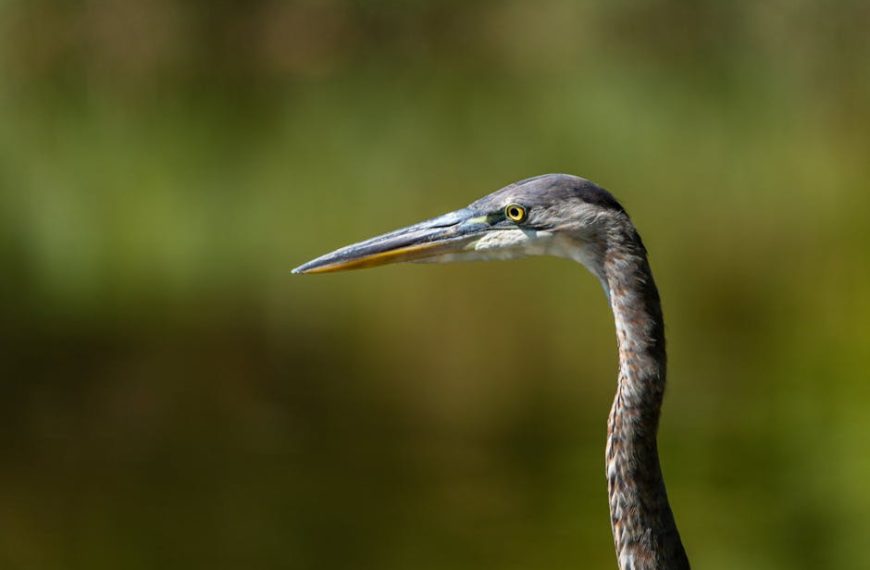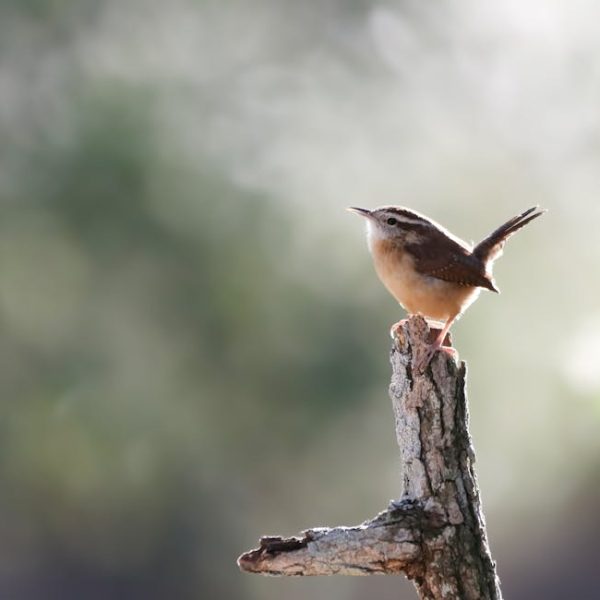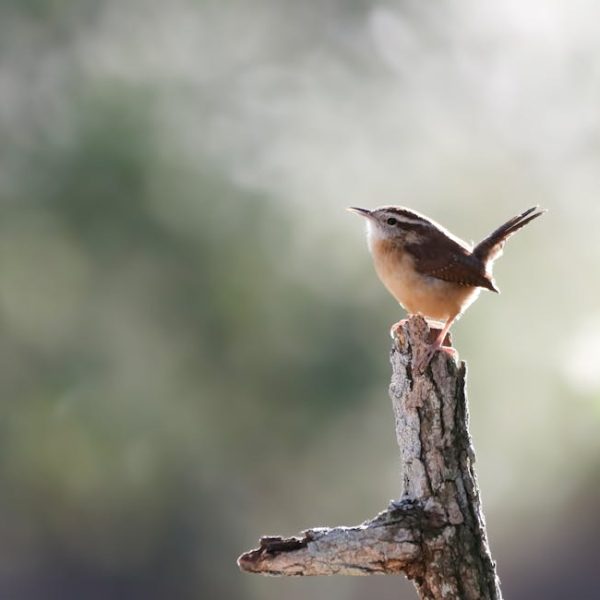When it comes to being out on the open water, birds can be quite a nuisance to boat owners. Not only do they create a mess and potential damage to the boat’s surface, but they also pose potential health hazards due to their droppings. With this in mind, many boat owners find themselves wondering how to effectively keep these feathered foes off their vessels while still respecting their natural habitat. This article will delve into preventive measures, explore bird deterrent products, discuss natural deterrence methods, and also address the legal and ethical considerations around bird control.
Understanding the Problem of Birds on Boats
The allure of boats to birds is mainly due to the relative safety and novel roosting options they provide. Whether it’s a perch on a mast or a spot on the deck, boats often offer many enticing spaces for birds. However, this bird invasion brings with it a host of problems. These issues range from cosmetic concerns like bird droppings soiling the boat’s surface to various degrees of physical damage. Bird droppings are not only unpleasant but, if left uncleaned for extended periods, can damage the paint and degrade the boat’s material. It’s also worth knowing that these droppings may carry diseases, which poses a potential health hazard to humans.
Comparative Insight:
Interestingly not all birds pose the same level of menace. Smaller species like sparrows or starlings might create less of a mess compared to larger seabirds such as gulls or pelicans.
Preventive Measures: How to Keep Birds Away
Preventing birds from settling on your boat is not a one-fits-all solution. It starts with an understanding of why the birds are attracted to your boat and then implementing various deterrent strategies to discourage them. Regular boat maintenance, like covering your boat when not in use, can be an initial way of minimizing the birds’ interest. Another effective measure is to remove any potential roosting spots, making your boat less inviting for these birds to settle.
Pro Tips:
It’s essential to note that bird deterrent measures should be tailored to match both docked and open-water scenarios. It’s also worth exploring alternative bird deterrent methods, like using water guns or noise makers, that can work to scare off the birds.
Exploring Bird Deterrent Products for Boats
From bird spikes to predatory decoys, the market is abundant with bird deterrent products aimed at keeping unwanted birds at bay. Bird spikes, for instance, can be installed on surfaces where birds tend to land or perch. Decals, while also visually obstructive to some birds, can be placed freely across the boat’s surface.
Comparison:
While bird spikes might be effective at deterring larger bird species, they might not work as well against smaller bird species. Furthermore, while decals can create a physical deterrence, their effectiveness largely depends on the bird species and their level of familiarity with your boat. Understanding the pros, cons and costs of each product can significantly influence the effectiveness of your bird control measures.
Natural Methods for Deterring Birds
Apart from commercial products, there are also natural methods that can help deter birds from settling on your boat. One such method includes using bird-friendly deterrents such as predator birds’ replicas or decoys. The sight of a falcon or an owl, natural predators, can often keep smaller birds at bay. Additionally, certain naturally derived scents and sounds can also repel birds, making them less likely to approach your boat.
Checklist:
- Predator decoys or replicas (hawk, owl)
- Natural bird deterrent scents (e.g., citrus)
- Noise-making devices that mimic predatory bird sounds
Legal Considerations and Ethical Practice
It’s also crucial for boat owners to consider the legal and ethical implications of their bird deterrence methods. Many species of birds are protected by law, and certain control measures could lead to legal repercussions if not properly researched and implemented. As such, it’s vital both for your conscience and in the eyes of the law to use non-lethal, humane methods while dealing with this issue.
Best Practices:
- Adhere to local, state, and federal laws regarding wildlife
- Practice ethical deterrent methods that do not cause harm or unnecessarily disrupt the birds
- Regularly inspect and maintain your boat to reduce potential roosting spots
- Make use of humane and safe bird deterrent products and natural methods
- Collaborate with local wildlife agencies for further advice and support
Remember, respecting nature and ensuring a healthy coexistence is as much a part of being a responsible boater as maintaining your vessel. So, the next time you need to address bird-related issues on your boat, ensure you consider these tips. By doing so, you can enjoy a calm, bird-free boating experience without causing harm or posing risk to the bird populations. After all, we share the ocean’s beauty with many of its creatures, birds included.
Key Takeaway:
- Birds are attracted to boats due to relative safety and unique roosting options they provide.
- The presence of birds can result in cosmetic and physical damage to the boat and potential health hazards due to diseases carried by bird droppings.
- Bird deterrent strategies range from preventive measures, commercial bird deterrent products to natural methods.
- Preventive measures include regular boat maintenance and removal of potential roosting spots.
- Commercial products like bird spikes, decals, and predator decoys are effective, but their success depends on the bird species and familiarity with the boat.
- Natural deterrents involve using predator birds’ replicas, naturally derived scents, sounds, etc.
- Legal requirements and ethical practices need to be adhered to while implementing bird control methods to avoid negative impacts on bird species and potential legal repercussions.
As you consider and apply these insights, remember that the goal is a peaceful cohabitation with nature. While birds can be a nuisance to boat owners, it’s important to take humane, ethically sound, and legal steps to deter them. With the right knowledge and resources, you can maintain a bird-free boat and enjoy a serene boating experience without disrupting the natural ecosystem.
FAQs
Q: What kind of diseases can be transmitted through bird droppings?
A: Bird droppings can carry various diseases like Salmonellosis, Histoplasmosis, and Psittacosis which can pose health risks to humans. It’s advisable to clean them off as soon as possible using protective gear to minimize exposure and risk.
Q: Will covering my boat prevent birds from landing on it entirely?
A: Covering your boat can significantly reduce the attractive roosting spots for birds, but it may not deter them completely. Combining this with other deterrent strategies will give you the best results.
Q: Are all bird deterrent products harmful to birds?
A: No, not all bird deterrent products harm birds. Products like bird spikes, decals, and ultrasonic devices are designed to deter birds without causing them harm.
Q: How can I know if a bird deterrent method is ethically sound and legal?
A: Checking local wildlife laws, consulting with local wildlife agencies, and researching humane methods can help guide you in making ethically sound and legal choices.
Q: Can the natural bird repellents alter the behavior of birds not landing on boats?
A: Certain natural repellents, like predator decoys and certain sounds and scents, can indeed alter bird behavior and deter them from landing on boats. However, these methods should be used thoughtfully to ensure they do not cause undue stress or harm to the birds.
Don’t forget to share this article with other boaters. For more useful tips and insights, explore other posts on our website.
